By: Caroline Tierney
Greenwashing, is the notion that countless companies market themselves as more ethical and environmentally friendly than they truly are in order to reach a greater audience. The list of greenwashed companies goes on, many focused on large profits without regard to the impact their businesses create.
Lush
This one hurts. Plenty of people, including myself, love the luxurious products Lush puts out that instantly fill your bathroom with a delightful aroma. They have made significant strides to be more sustainable in recent years, but have fallen short in some areas. Lush currently uses palm oil in some of their products, despite announcing their commitment to eliminating it a couple years ago. Palm oil is heavily derived from the Amazon and can only be obtained through deforestation, which clearly signals a huge environmental red flag. Secondly, Lush claims to include two or less preservatives per product, but critics argue that it is unlikely a mostly natural product emits a scent that can be smelt from around the corner of the store. This beauty company markets themselves as cruelty free, committed to testing none of their products on animals. Despite this, they do use milk and beeswax in some of their products, a possible alarm for the animal friendly community. Considering the dairy and beekeeping industries have been severely unethical in the past, this raises a few eyebrows. Overall, Lush does a decent job of practicing more sustainable business operations, but there are a few important segments that could use some help.
Oatly
Oatly is an oat milk provider widely known for its use in urban coffee shop Alfred’s Los Angeles and coffee powerhouse Starbucks. They have made notable efforts to maintain sustainable practices as the popularity for plant based milk has increased. In order to grow with the company’s rising demand, Oatly recently sold a share of their company to Blackstone, an international business firm, for $200 million. Oatly executives hope that this investment will build company capital and create production plants across the US, Asia, and Europe. Consumers fear that the involvement of Blackstone in the Oatly corporation will open the door to unethical practices. This is a valid claim considering Blackstone has investments in all sorts of industries, including deals that participate in the deforestation of the Amazon. They have shown great interest in funding the construction of a highway spanning the forest, an intense operation that will result in serious loss to the world’s environment. Oat milk lovers consider whether this investment reflects Oatly’s true core values and their ignorance to involving a company with minimal environmental consciousness. These companies have clashing environmental agendas, and the two will have to reach an agreement that will likely sacrifice Oatly’s dedication to being eco-friendly.
Starbucks
Lastly, we examine a global company that remains favored by a large majority of coffee drinkers. From the store ambiance, to the music, to the psychology of the store layout, Starbucks has an impressive business model. One of their most prominent claims is that 99% of the coffee you drink from Starbucks is ethically sourced. Not surprisingly, experts say otherwise. In Brazil, an investigation of a large coffee plantation certified by Starbucks highlighted some intense ethical concerns. It’s laborers were documented working inconsiderate lengthy hours, living in filthy conditions, and being paid unfair wages. Starbucks has stated that they do not hire individuals under the age of 15, but as you may presume, this was found to be false at a few of their suppliers. It is easy for Starbucks to market their business as ethical and environmentally savvy in stores, but the discrepancy lies within the company’s supply chain. With such a strong lead in the coffee industry, Starbucks should be able to maintain their ethical standards without complication. It shouldn’t be unreasonable to expect a corporation like Starbucks to not support plantations like these ones. These findings have raised the question of whether Starbucks actually cares to source ethically made coffee beans, or if they solely care about making profits, truly defining the idea of greenwashing.
Sources:
https://www.ethicalconsumer.org/company-profile/lush-cosmetics-ltd
https://greenisthenewblack.com/the-conscious-scoop-oatly-controversy/
https://fairworldproject.org/starbucks-has-a-slave-labor-problem/
